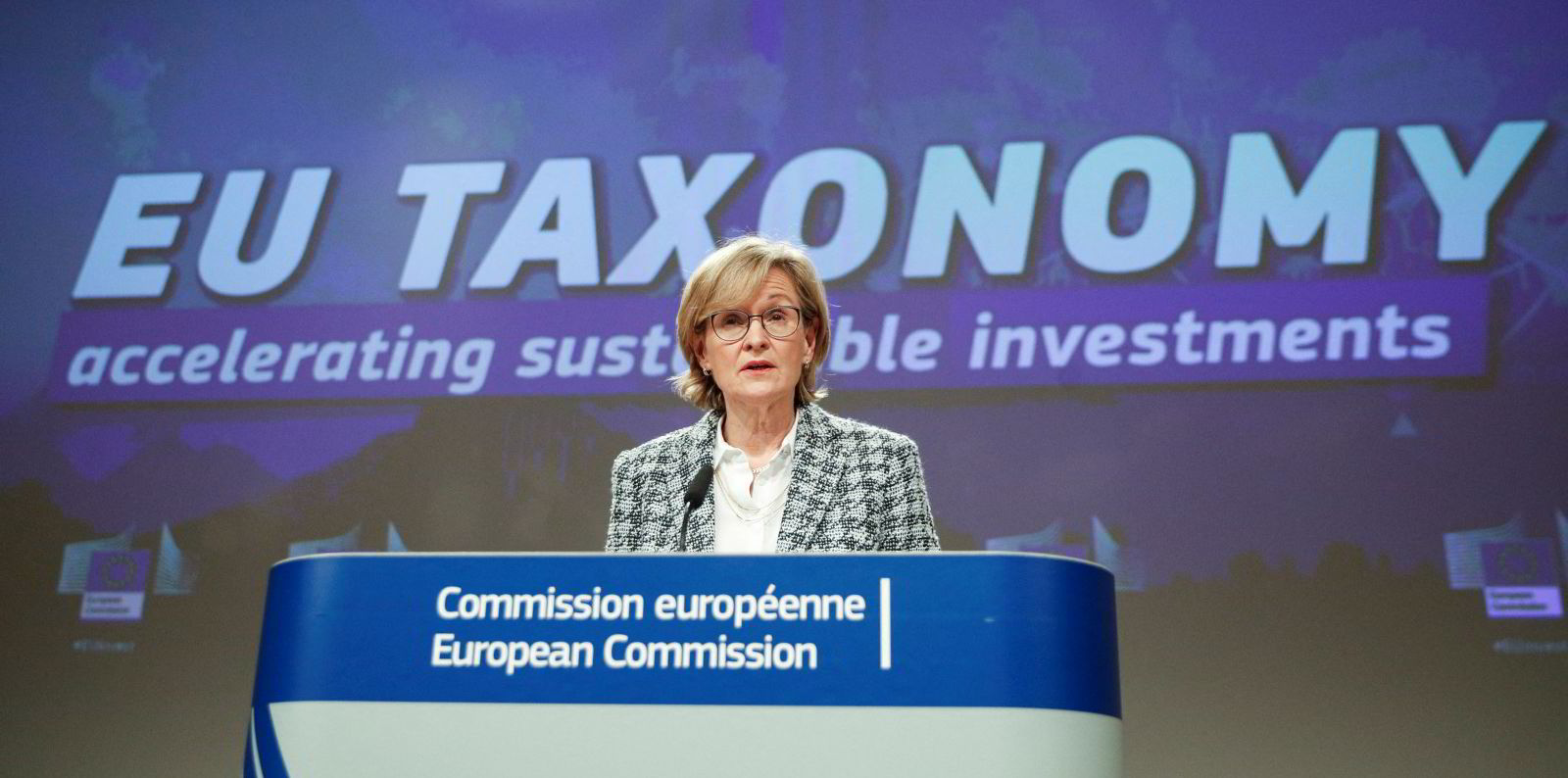Investments in natural gas and nuclear energy will count towards the European Union’s long-term emission goals, senior officials confirmed on Wednesday, according to news wire reports.
Shipping is not directly affected by the decision presented by the European Commission, the EU organ in charge of drafting and executing the bloc’s legislation, as part of the “EU Taxonomy” — a classification system that establishes a list of environmentally sustainable economic activities.
Parts of the industry, however, mainly gas carriers, stand to benefit indirectly as the EU’s move will likely enhance financing for natural gas infrastructure, such as LNG terminals.
Classifying nuclear as a renewable, carbon-free source of energy may also ease some of the burden that shipping faces to contribute to global emission reduction targets.
EU decisions on whether investments can enjoy a green label will, furthermore, help shape environmental, social and governance standards even outside the bloc.
Tight conditions
The EC, however, reiterated on Wednesday that gas and nuclear will enjoy the green label on tight terms.
“Today, we are setting strict conditions to contribute to mobilising finance to support this [energy] transition away from more damaging sources of energy, like coal,” said Mairead McGuinness, European Commissioner for financial stability, financial services and the EU’s Capital Markets Union.
The EC said last month that to count as green, gas must come from renewable sources or have low emissions by 2035.
It is unclear whether such qualifications will satisfy critics of the fuel, who point out that natural gas can be just as harmful as other fossil fuels, especially because of methane leakage.
Individual member states, such as Austria, are already opposing the inclusion of nuclear energy into the EU energy mix and are expected to try to disqualify it from the taxonomy in the negotiations to follow.
The EU’s legislative process, however, makes it difficult to overturn EC proposals.
To make this happen, EU member states will have to muster a majority of 20 of the 27, representing at least 65% of the bloc’s population.
The European Parliament can turn down EC proposals by simple majority.



